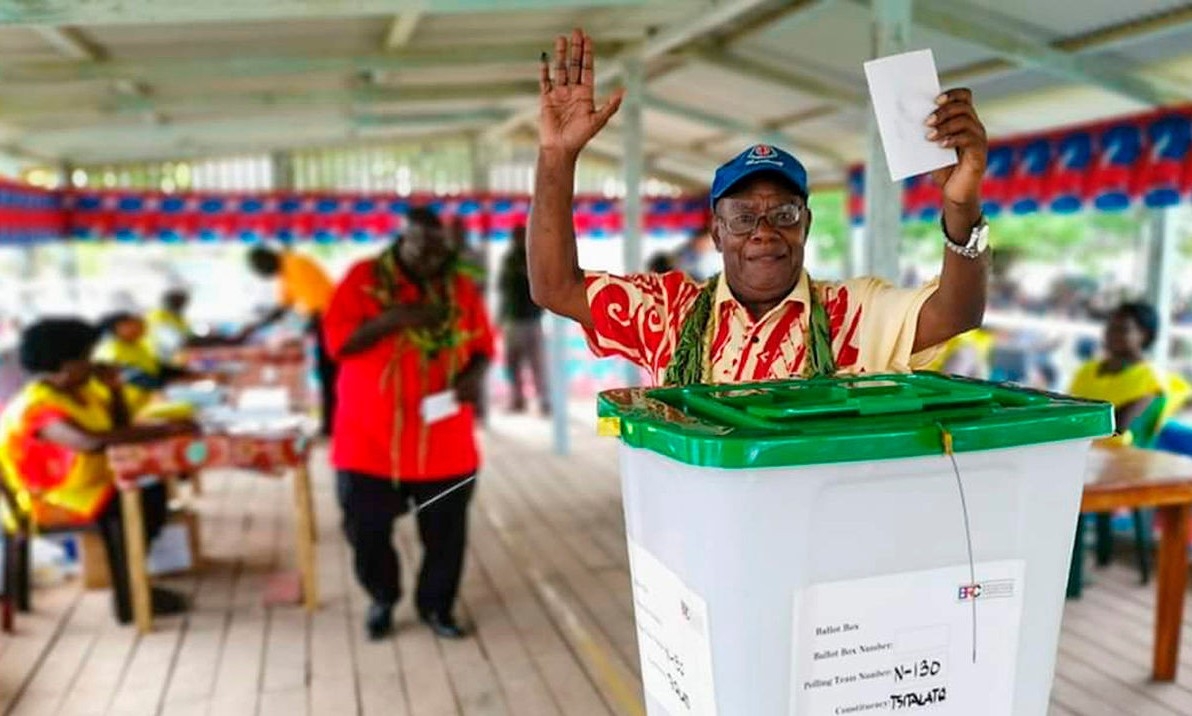By Netani Rika
THERE was always only going to be one outcome when the people of Bougainville were given their inalienable right to choose the political future of the island chain.
Independence.
With an overwhelming 97.7 per cent of islanders voting for independence and a mere 2.3% choosing greater autonomy under Papua New Guinea, the result speaks to a people who yearn for freedom.
In 1988 the island descended into anarchy after Bougainville Copper Limited – operators of the multi-billion dollar Panguna Mine – failed to heed the concerns of the people.
Poor working conditions, uneven distribution of profits, heavy handed tactics by the PNG Defence Force provided multiple catalysts for a 10-year civil war which cost as many as 15,000 lives.
Panguna – valued today at USD85billion – was Australia’s piggy bank with which it kept PNG afloat. And PNG, in desperate need for money for politicians’ slush funds for constituency development ran rough-shod over the locals.
And that was the fatal mistake that brought PNG to its knees and forced Australia to remove its military advisers, helicopter gunships and weapons from what threatened to become its Vietnam.
For the people of Bougainville, Panguna was not a funding facility for the central government in Port Moresby or Canberra.
Panguna has always been a legacy, held in trust by the women of the island for the people of today and the generations who will follow.
It is the women of the individual landowning units around the mine who will decide on how to proceed with the mine.
Asian businesses have started to line up and offer infrastructure projects, tourism investment and straight cash incentives to secure a slice of the mine when it reopens.
Local politician, Fidelis Semoso, is wary of the moves being made by unscrupulous investors.
“We have a perfect opportunity here to create a development model that reflects our values as a people,’’ Semoso said.
“Our people have spoken at the referendum, now we must design our future, not dictated to by foreign models which look only to exploit the natural resources.
“We must take only what is needed. We must develop roads and schools within reason and at every stage we must care for and protect the environment.’’
John Momis, President of the Autonomous Bougainville Government, is also wary of foreign businesses.
“Yes, they have been making offers and we must be very, very, careful,’’ Momis said.
“Our people have been through so much. We need wise leaders who will keep Bougainville and its future close to their hearts.’’
For now, discussions around Bougainville’s future will hinge on discussions between the government in Buka and Prime Minister James Marape in Port Moresby.
For the people of Bougainville that means talks on when PNG will hand over sovereignty, what reparation will be made for the 15,000 deaths in the civil war, a planned phasing out of non-Bougainville administrators on the island.
Once a deal has been negotiated, it will be placed before the PNG parliament.
Momis has been clear on his view that PNG must rubber stamp the desires of the referendum.
“Only a mad parliament would fail to ratify the desires of the people when it is so clear,’’ Momis said.
Unfortunately, signals out of PNG are that there may be some objection in Parliament to a new sovereign nation.
Deputy Speaker of the Bougainville Parliament, Francesca Semoso, had this advice based on the 30-year conflict: “We are a peaceful, loving people. We care for all people but you must never disrespect us. That would be a grave mistake.’’
